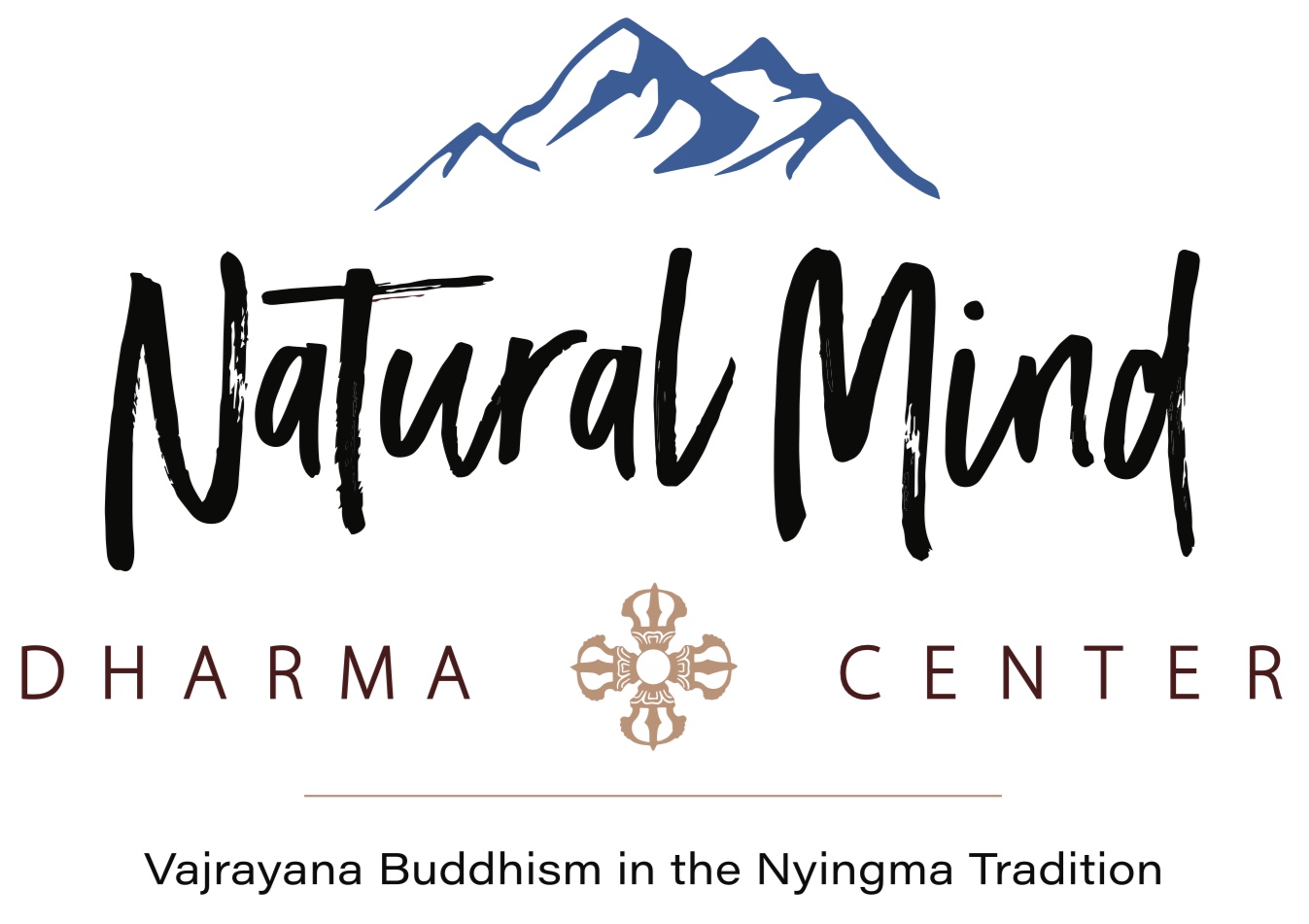Thankfully, We Can Wake Up
On a recent trip to New Mexico, I was staying in a town about 80 miles (as the crow flies) from Trinity Site, the location of the first nuclear bomb test. As I looked southeast toward the White Sands Missile Range, I imagined a mushroom cloud looming on the horizon and felt sadness about the approximately 214,000 human deaths and countless other deaths and injuries in Hiroshima and Nagasaki. And this was only a brief event during World War II.
As of this writing, we have about 260,000 deaths related to the Coronavirus (Covid-19). This is a different kind of war with a similar nuclear outcome. I wonder about samsara. Is this just the way things move in war and pandemics? Even though my habit of mind tends toward cynicism, I know we can do better—even in samsara (cyclic existence). After all, samsara is the proving ground of compassion. I am thankful we are capable of recognizing love. We can act with a sense of moral awareness.
One of the most famous examples of moral awareness is when J. Robert Oppenheimer, one developer of the atomic bomb, invokes a line from the Bhagavad Gita to describe reactions to the Trinity bomb test: “We knew the world would not be the same. A few people laughed, a few people cried, most people were silent. I remembered a line from the Hindu scripture the Bhagavad Gita. Vishnu is trying to persuade the prince that he should do his duty and, to impress him, takes on his multi-armed form and says, ‘Now I am become Death, the destroyer of worlds.’ — I supposed we all felt that, one way or another.”
We do have a built-in moral conscience, but often discover it after the fact. When we really see how our thoughts and actions can have powerful negative consequences, we are shaken up—and we wake up. Rather than cause harm, we recognize and destroy, or liberate, the world of selfish action. We do our duty as loving beings. On this Thanksgiving, let us be thankful we are able to wake up to compassionate activity. May we evolve as a species so it does not take a nuclear blast, or pandemic, to get our attention.
